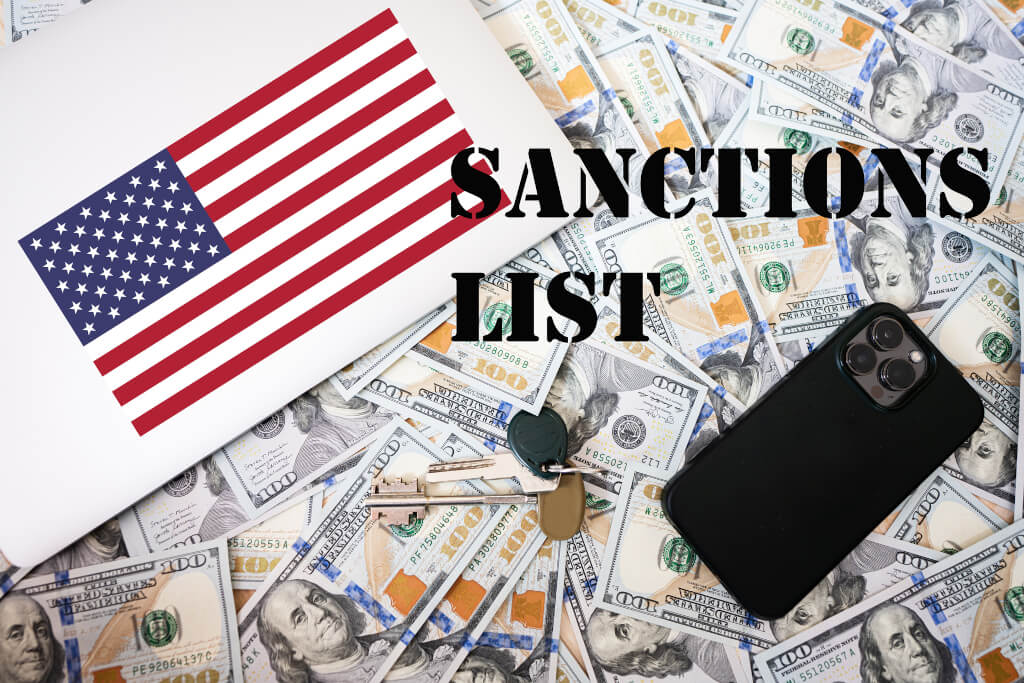There is rising concern that the United States may impose sanctions on South Africa as a result of the country’s support for Russia throughout the conflict in Ukraine, which has exacerbated political tensions between South Africa and the United States. Everyone in South Africa, from the country’s affluent tech magnates who control multinational corporations to the common citizen who relies on public services, should be deeply concerned about this issue.
The elephant in the room, namely the effect that U.S. sanctions have had on South African businesses, needs to be explored thoroughly. The technological sector in South Africa, and the enterprises that rely on American technology, could be severely harmed by the sanctions imposed by the United States. In light of the potential consequences for South Africa’s trade agreements with the United States, this paints a gloomy picture of what the future may hold.
Risking the IT Infrastructure: How Heavy is Technology?
Understanding the implications will require first acknowledging our reliance on American technology. Everything we use on our computers, phones, and tablets—from the programmes we use to the operating systems we run them on—has some connection to American IT giants.
In an exclusive interview, Richard Firth, CEO of MIP Holdings, a famous provider of software solutions, offered the following explanation: “If US sanctions reach South Africa, it would have a wide ripple effect.” Licenses for the systems are issued by companies based in the United States of America, and without them, nearly no software or application would run properly. If sanctions succeeded in making those licences inaccessible, the results would be catastrophic.
He continued by saying this would make it impossible for any government agency to collect taxes, for businesses to compensate their employees, and for no corporation to bill their customers. It would be the same as if the power and water were cut off simultaneously.
How to Strike a Balance Between Trade and Sanctions Under the AGOA
Threats to South Africa’s trade agreements with the United States are another major cause for concern. The African Growth and Opportunity Act, or AGOA, was passed in the United States to provide duty-free access to the market in that country for more than three dozen African countries. Trade between the two countries has been greatly aided by this act. In 2022, South Africa exported around R60 billion worth of goods to the USA through the AGOA programme.
However, South Africa’s political attitude towards the situation in Russia and Ukraine has led to rumours that it may lose its host status for the upcoming AGOA meeting.
Cornell University student and recent RMB research assistant Thomas Stamey offered an interesting perspective. RMB funded Stamey’s investigation. To quote him: “AGOA only accounts for a small percentage of South Africa’s overall exports.” South Africa exported 9.4% of its total goods to the United States in 2022, whereas the United States exported only 20.7% of its goods under the AGOA. In 2022, 1.95 percent of South Africa’s total exports were made possible via the AGOA programme.
Setting Off a Series of Occurrences
While AGOA may only be responsible for a small percentage of South Africa’s total exports, its potential removal would have far-reaching consequences. Furthermore, the foundation of a great deal of South African businesses could be undermined by sanctions implemented by the United States against the technology sector.
In conclusion, South Africa’s financial stability is in jeopardy due to the possibility of retaliatory economic sanctions from the United States. If these sanctions were to be implemented, they would have serious consequences for business operations and would alter the economic landscape of the country in profound ways. Diplomatic nuance and economic foresight are more crucial than ever as the nation navigates these uncertain times.
About The Author:
Lebohang Mokoena is an award-winning journalist with over a decade of experience in business reporting. She specializes in innovation and technology in South Africa and beyond. Lebohang holds a Master’s degree in Journalism and has previously worked for top-tier publications before joining Africa Nova.




